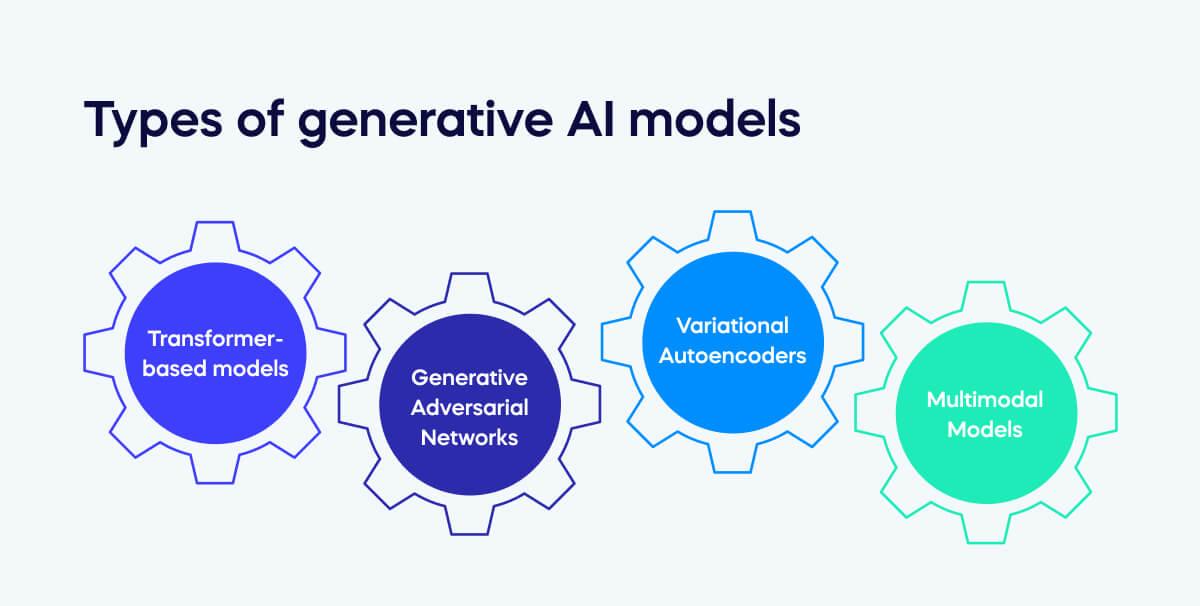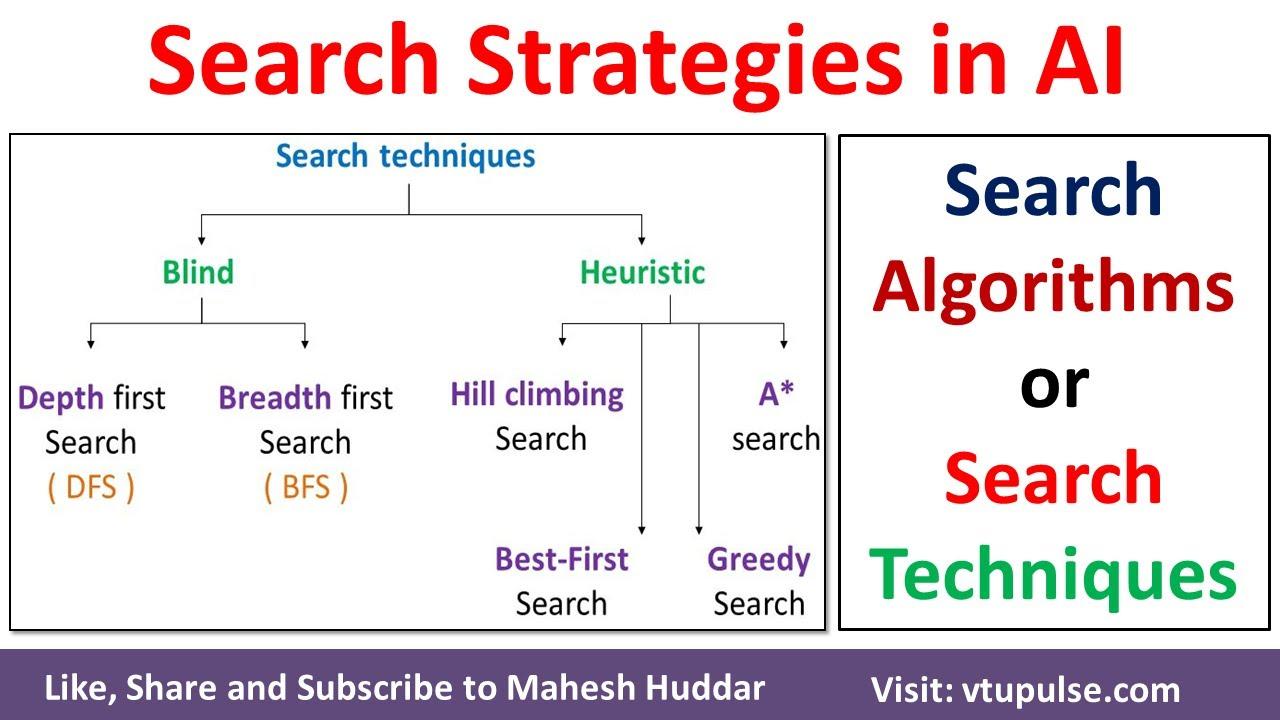As we stand on the precipice of a new era in technology, the year 2025 looms ahead as a pivotal point where artificial intelligence is set to dramatically reshape the landscape of content creation and search strategies. With advancements in machine learning, natural language processing, and algorithmic intelligence, AI is no longer just a tool for enhancement; it is becoming a formidable force in defining how data is produced, presented, and consumed. Entrepreneurs and content creators alike must prepare for a seismic shift in their approaches,as the boundaries between human creativity and machine innovation blur. In this article, we explore the trends, tools, and transformative potential that will make 2025 a hallmark year for AI-driven content and search, offering insights into what businesses can implement today to thrive in the evolving digital marketplace of tomorrow.
The Rise of generative AI in Content Production
The landscape of content production is undergoing a seismic shift with the advent of generative AI technologies. Empowered by deep learning frameworks, AI tools are no longer limited to automation or basic data manipulation; they are now capable of creating compelling narratives, designing unique visuals, and even composing music. This transformation offers a myriad of possibilities for businesses and creators, enabling them to:
- Enhance creativity: AI can generate innovative ideas and formats, revolutionizing conventional content.
- Accelerate production: Content that once took days or weeks to create can now be produced in a matter of hours.
- Personalize experiences: Generative AI can analyze consumer data to tailor content that resonates with individual preferences.
As these technologies become more accessible, organizations are starting to integrate generative AI into their workflows, allowing for more dynamic and engaging content strategies. Companies that embrace these advancements will not only keep pace with consumer expectations but also gain a competitive edge in an increasingly content-saturated market. Below is a table illustrating the key benefits of adopting generative AI in content production:
| Benefit | Description |
|---|---|
| Cost-effectiveness | Reduces the need for extensive human resources, lowering overall production costs. |
| Scalability | Allows for the rapid scaling of content efforts to meet demand. |
| consistency | Ensures a uniform tone and style across various pieces of content. |
| Data-driven insights | Utilizes analytics to inform content direction and enhancements. |

Transforming Search Algorithms for Enhanced User Experience
As we journey into the future,search algorithms are rapidly evolving to prioritize not just efficiency but also relevance and user satisfaction.The integration of advanced AI technologies will allow search engines to analyze user intent more deeply than ever before, moving beyond keyword matching to understanding context.This shift will enable algorithms to deliver more personalized results, ensuring that each query receives responses tailored to the user’s unique needs.Features such as natural language processing,semantic search,and predictive analytics will elevate the search experience,making it feel more like a conversation than a command.
Moreover,these enhanced algorithms will leverage vast amounts of data to refine their learning processes continually. By incorporating feedback loops, search engines will understand which types of content resonate most with users, creating a more dynamic interaction. In this context, businesses will need to adapt their content strategies to align with these smart algorithms, focusing on creating rich, multi-format content that engages the audience. The following elements will be crucial in this new landscape:
- Quality over Quantity: Prioritizing well-researched and engaging content.
- Voice Search Optimization: Tailoring content for voice-activated searches.
- Visual and Interactive Content: Utilizing videos,infographics,and quizzes to captivate users.
| User Intent | Preferred Content Type |
|---|---|
| Informational | Blog Posts,tutorials |
| Transactional | Product Pages,Reviews |
| Navigational | Landing Pages,Direct Links |

Balancing Automation and Human Creativity in Content Strategy
Amidst the relentless rise of artificial intelligence in content creation, the challenge lies in maintaining the delicate balance between automation and human ingenuity. businesses are increasingly adopting AI tools to generate content, analyze trends, and optimize search strategies. While automation can considerably enhance efficiency and streamline processes, it opens the door to potentially homogenized outputs. To truly stand out in a crowded digital landscape, brands must prioritize authentic storytelling and emotional connection—areas where human creativity excels. By leveraging AI for data-driven insights but allowing human writers to weave narratives that resonate with audiences, companies can create a distinctive voice that is both innovative and relatable.
To integrate AI effectively while preserving the essence of creativity, companies should consider adopting a hybrid approach that defines roles for both technology and humans. This could involve:
- Using AI for data analysis: Leverage AI tools to glean insights from customer behavior and content performance.
- Empowering content creators: Provide writers with AI-generated data to inform their creative processes rather than replace them.
- encouraging collaboration: Foster teamwork between data scientists and content creators to ensure that creativity is guided by intelligence.
The effectiveness of this strategy is evident when we explore how businesses can blend these elements. Consider the following table that outlines key benefits of combining automation with human creativity:
| Aspect | Automation Benefits | Human Creativity Benefits |
|---|---|---|
| Efficiency | Faster content production | tailored messaging |
| Data Insights | Real-time analytics | Human intuition |
| Consistency | Regular output delivery | Unique voice advancement |
In merging these strategies, businesses can cultivate a robust content strategy that not only leverages the speed of AI but also cherishes the richness of human outlook. The result will be a more nuanced conversation with audiences and a stronger brand resonance.

Navigating Ethical Considerations in AI-Driven Content Creation
As AI technologies become increasingly integrated into content creation, it’s essential to address the ethical implications that accompany their use. Content creators,marketers,and businesses must be vigilant about maintaining authenticity and preserving the integrity of human expression.To achieve this, they can adopt several practices:
- Transparency: Clearly disclose when content has been generated or significantly influenced by AI.
- Attribution: give proper credit to original human creators whose ideas or creations inspire AI-generated content.
- Bias Mitigation: Actively work to identify and minimize biases that may be inadvertently produced by AI algorithms.
- Content Accuracy: Establish stringent fact-checking protocols to ensure that information shared via AI is accurate and reliable.
Moreover, organizations can implement frameworks to guide ethical AI usage. A proposed structure might look like this:
| Ethical Principle | Description |
|---|---|
| Fairness | Ensuring equitable access to AI tools and preventing discrimination in AI outputs. |
| Accountability | Establishing clear responsibilities for AI-created content, including oversight of AI systems. |
| Privacy | Safeguarding users’ data collected during content generation processes. |
| Human Oversight | Involving human experts in the AI content creation loop to enhance quality control. |
In Retrospect
As we look ahead to 2025, it’s clear that the convergence of artificial intelligence and content creation will dramatically reshape the landscape of digital engagement. Businesses and creators alike will need to adapt to the evolving algorithms that drive search strategies and user experiences. Emerging technologies will not only enhance efficiency but also challenge our traditional perspectives on creativity and authorship.
As we stand on the brink of this transformation, one thing remains certain: the tools we use to communicate will continue to evolve, making way for innovations that push the boundaries of what we can create and how we connect with our audiences. Staying informed and flexible in our approaches will be crucial, as we navigate this ever-changing terrain. So, whether you’re a seasoned entrepreneur or an aspiring creator, prepare to embrace the new possibilities that AI offers. The future of content creation is not just about technology; it’s about the stories we tell and how we tell them in a world redefined by intelligence.